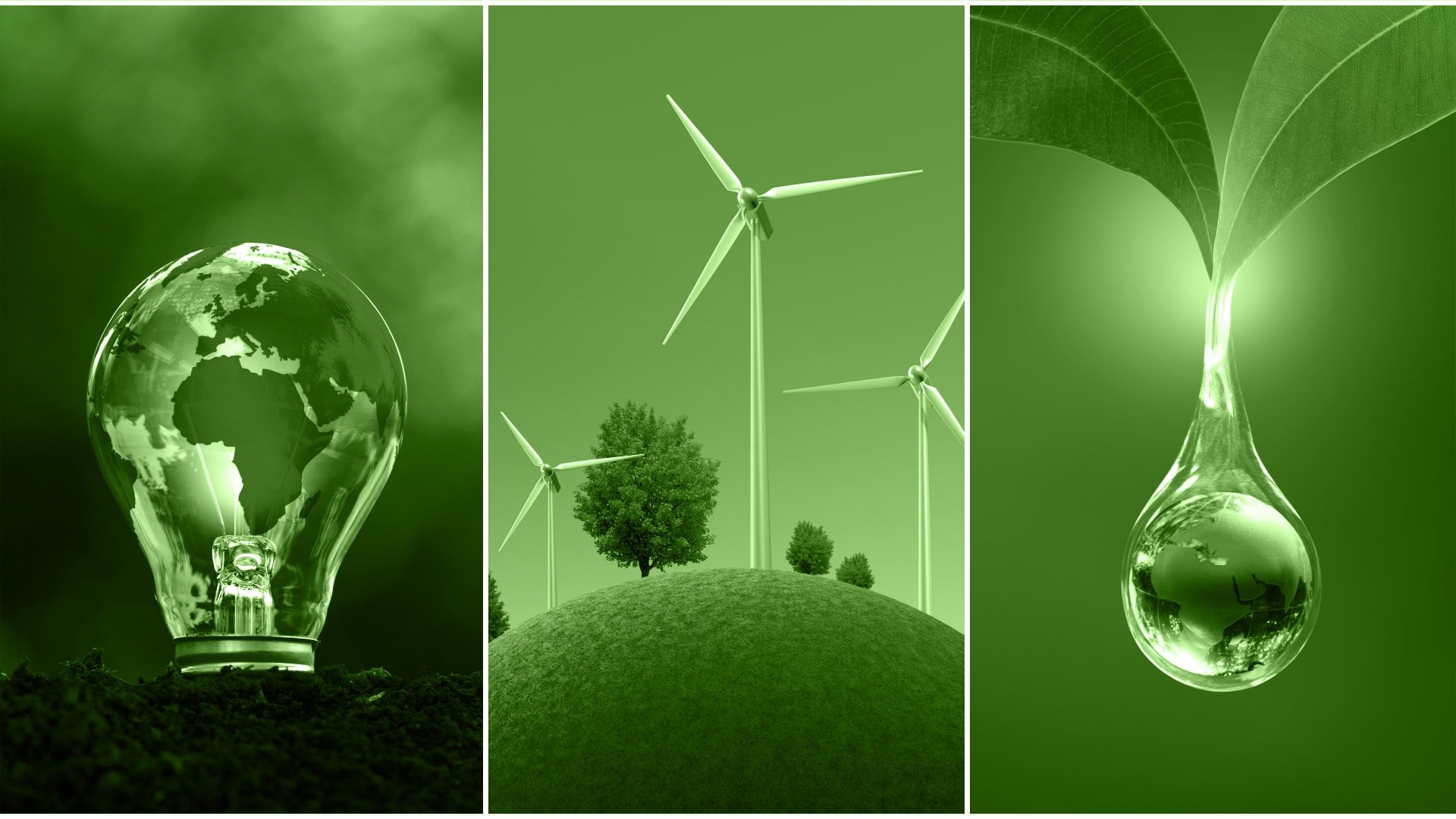
Building Better – Renewable Energy for Today and the Future

Much like the roots of a tree, South Africa’s energy infrastructure is planted where it finds nutrients. Historically, this has been in the Mpumalanga province, where 83% of the nation’s coal helps fuel a fleet of power plants and significant transmission infrastructure. Yet, across the country, there is also an abundance of renewable resources – plentiful sun and wind. Therefore new ‘roots’ and transmission connecting the western part of the country are key to enable the country’s next economic and social development phase, which will undoubtedly depend on accessing clean, reliable, and affordable energy.
Renewable energy access is not only fundamental to supporting inclusive growth, livelihoods, and better health outcomes in the future – it must also be harnessed now if the country is to escape the grips of the current energy crisis.
South Africa is well-positioned to capitalise on this energy shift. In addition to its wealth of renewable resources and the critical minerals required for the decarbonisation of the global economy, it has a young population that can propel this transition when matched with the right skills and opportunities.
Given that existing energy generating infrastructure is at – or nearing – its end of economic lifecycle, combined with national and global imperatives to decarbonize, supplementing existing energy infrastructure with renewable energy is mission-critical to safeguarding the country’s future.
Building for Now and the Future
In this regard, I am glad for the progress that government has made to toward liberalising the renewable energy sector to date.
Last year’s introduction of an “unrestricted” licensing threshold for energy projects is a welcome intervention, and equally, plans to update the Integrated Resource Plan (IRP) and to review existing limits on local embedded generation procurement will unlock the potential for rapid expansion of power generation capacity; while policies to enable the energy transition are being addressed by the National Energy Crisis Committee (NECOM).
However, the wheels of government must now turn faster than ever – beyond the energy crisis and toward an energy transition that provides security for growth and prosperity in the long term.
According to Economist Impact (EI) report, Powering Progress: Policy shifts and economic frameworks to enable South Africa’s energy transition, only well-coordinated, progressive, and fundamental changes to the country’s energy mix will provide the best route to a prosperous low-carbon future and energy security.
A critical area that needs urgent focus remains grid development, access, and connectivity. This is a crippling issue – some 6.3GW of renewable energy capacity procured by government through the Renewable Energy Independent Power Producer Procurement Programme (REIPPPP), could not find grid access, while a further 7400 MW of renewable energy procured from the private sector could not be allocated (under REIPPP Bid Window 6) due to unavailable grid access.
According to research commissioned by the National Business Institute (NBI), at least 190GW of renewable energy is needed by 2050 to decarbonise the power sector and realise South Africa’s low-carbon ambitions.
The mining industry has already started doing its part to answer the call for clean energy with a pipeline of over 6.5GW of sustainable energy projects. At Anglo American, together with our partners at EDFR, we have created Envusa Energy, set to deliver 3-5 GW renewable energy ecosystem across South Africa.
This energy ecosystem will meet not only Anglo American’s decarbonisation needs but also help to driver of economic development within South Africa’s renewable energy sector, supporting the country’s broader just energy transition.
Across many other industries, companies are on the same path – signalling a commitment to not only making the energy transition real but just and inclusive, too.
To support this future growth, greater grid availability will be critical to delivering renewable energy projects for public and private investments.
There has never been a more important time for the development of public-private partnerships between the government and business, marrying private-sector financing and technical expertise with efficient and simplified government processes to develop much-needed grid connection capacity. This is especially so in areas like the Northern, Eastern and Western Cape regions, which will enable the delivery of utility-scale renewable energy resources.
This decentralisation of energy resources across the country will have several advantages. It will enable access to affordable electricity, build more resilient and energy-secure communities, enable physical and digital infrastructure improvements to meaningfully reduce inequality, and contribute to a business operating environment suitable for attracting investment and economic growth across the country.
A people-centric Just Energy Transition
Given South Africa’s dependence on fossil fuels, shifting to a low-carbon future presents opportunities and risks for those reliant on carbon-intensive industries. For this reason, a pathway to a successful energy transition must ensure that people and communities dependent on these industries are not left behind.
Achieving this level of the energy transition will entail transformational and systemic change, which no individual, company or entity can deliver alone.
According to the Economist Impact report, as many as a million jobs could be generated through renewable energy projects by 2050 – more than three times the number of jobs possibly at risk in the transition.
Making this a reality will require unprecedented levels of engagement and collaboration between government, communities, civil society, labour, and business. Working together, a just transition can be realized by building up people’s resilience through progressive skills development and job opportunities created by access to affordable, decentralised, and diverse renewable energy — especially in secondary and tertiary industries.
By moving decisively to address gaps across the country’s energy landscape, South Africa can begin laying the foundation for a sustainable and inclusive energy future.